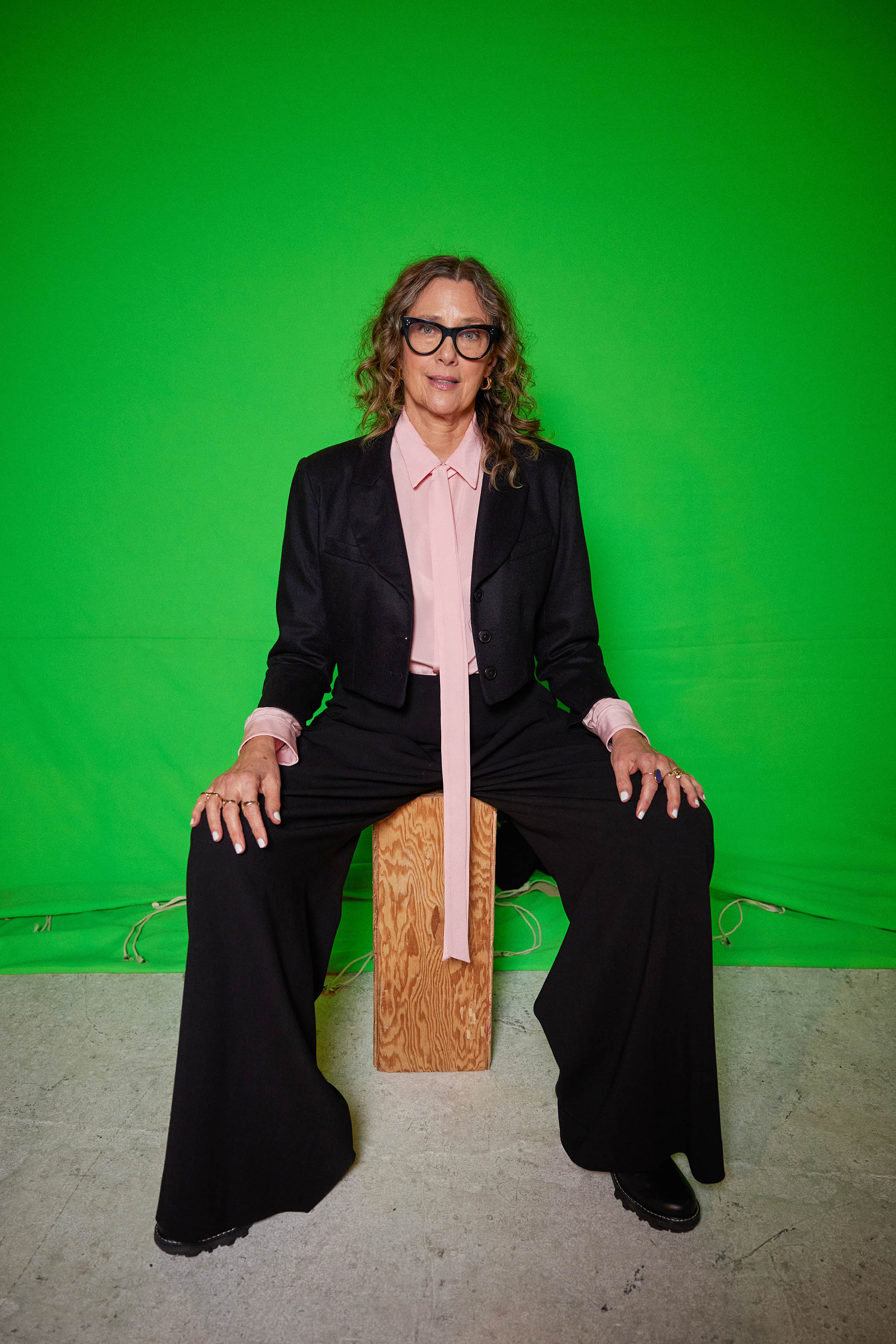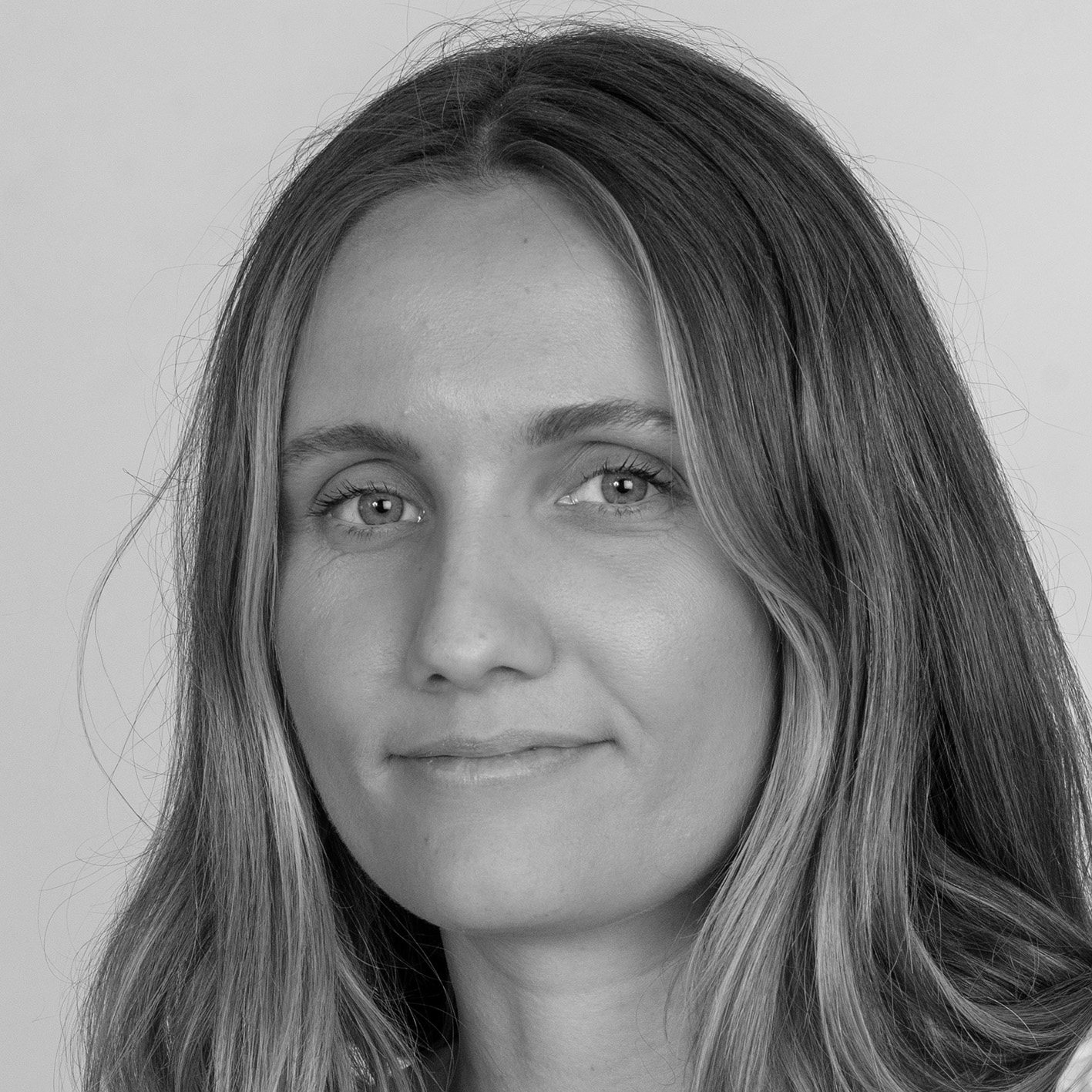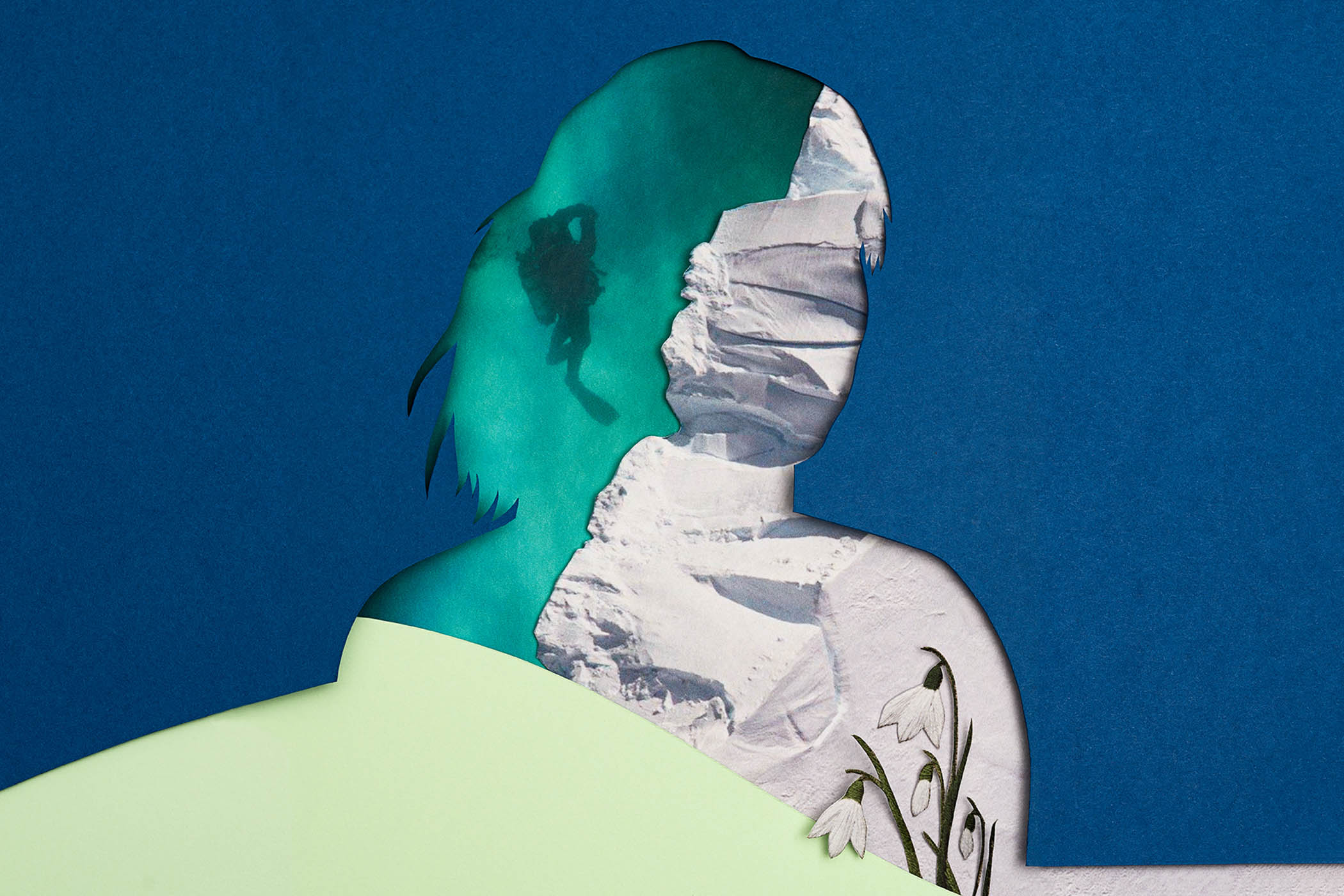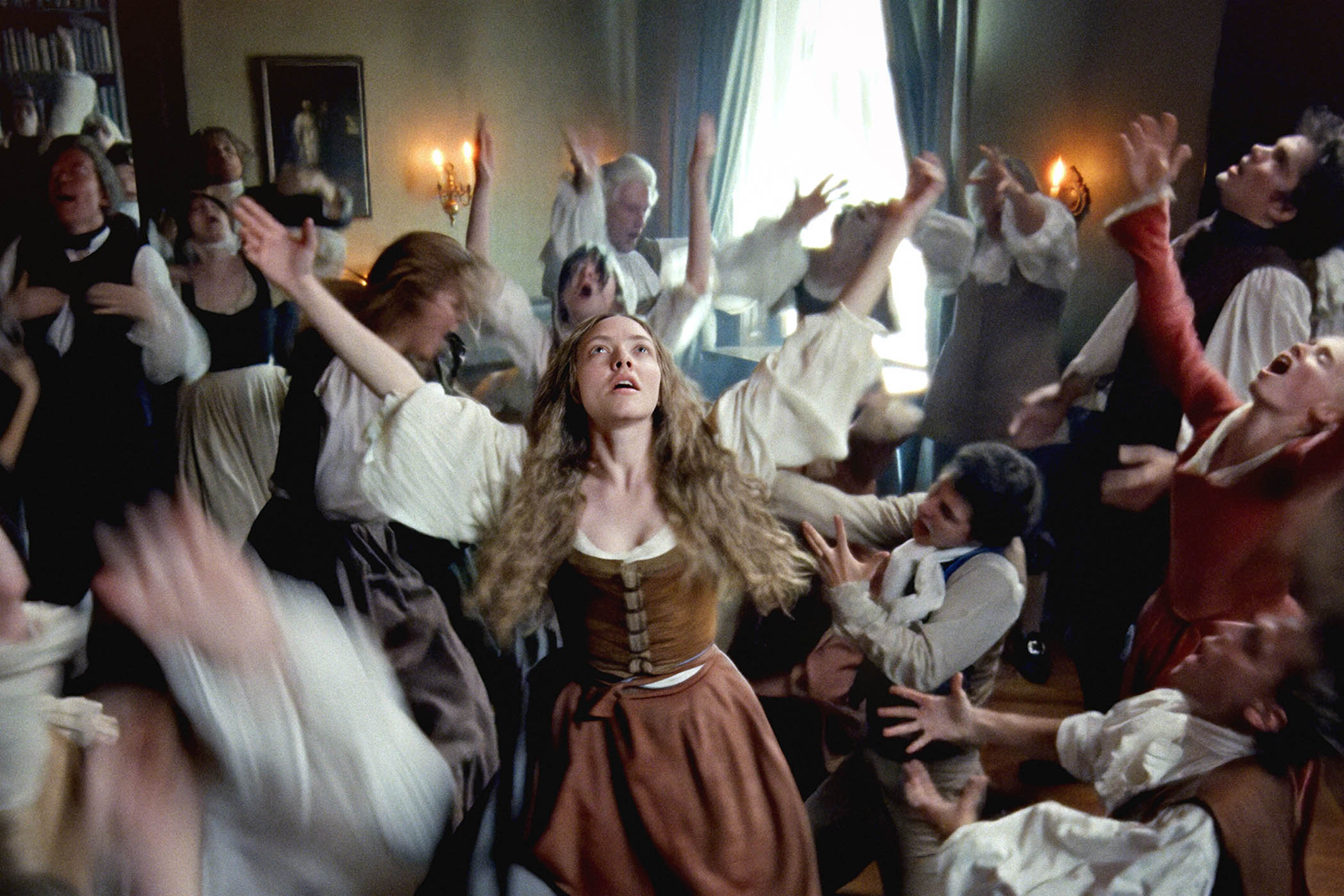Rebecca Miller, 63, is the director of films including The Private Lives of Pippa Lee and She Came to Me, and the documentary Arthur Miller: Writer, about her Pulitzer prize-winning playwright father. Her new documentary, Mr Scorsese, is a five-part series covering the life of the singular director of seminal American films such as Goodfellas, Raging Bull and Gangs of New York. Miller is married to the actor Daniel Day-Lewis, with whom she has two children, Ronan and Cashel. They live in Wicklow, near Dublin.
Mr Scorsese is made up of many long conversations between you and Martin Scorsese. How much did you know about him before you started filming?
I had met him on the set of Gangs of New York [which starred Day-Lewis], so we knew each other a little bit. He enjoyed some of my films over the years, and he had read one of my books, so he was familiar with my work. And, of course, I was familiar with his work. I thought it was going to be a single film, not a five-part series, but the first interview was about four hours and he wasn’t even 13 yet, so it became clear that it was going to be a deeper dive. I was constantly surprised because I didn’t know very much about him personally. It was a real conversation.
The documentary has an all-star cast of talking heads: Leonardo DiCaprio, Robert De Niro, Isabella Rossellini, Steven Spielberg, Cate Blanchett. What did it teach you about the art of a good anecdote?
That’s an interesting question. It’s vividness of storytelling, and it’s also that you can get to a punchline. A good anecdote is a compressed story, with an ironic twist or a comic moment. Like when Isabella Rossellini remembers waking up next to [Scorsese in bed] and he’s already [consumed by his work] saying, “Fuck! Fuck it!” It’s vivid and it really brings you in.
Is it satisfying, in terms of building a portrait of someone, when you start to notice patterns in those anecdotes?
Yes. Pattern was important overall, because it’s also interesting how images or emotional geometries are repeated in [Scorsese’s] films. You get one film made in the 60s, It’s Not Just You, Murray!, where he’s creating this sort of love triangle with a man, his wife and business partner. Then you have Casino [from 1995], where you have Sharon Stone, Joe Pesci and Robert De Niro. That’s an example of this mirroring.
You were given unrestricted access to Scorsese’s archives. What were the most memorable things you found?
There were so many wonderful things, like early footage of his family, where his father’s playing the mandolin and they’re laughing. Scorsese talks about his experience of watching the film Rocco and His Brothers. One of the sequences I particularly like in the documentary is where he and his family are laughing in the kitchen. I had this idea to meld that footage with the sound from the movie. One of the things I most treasured were the polaroids he had taken from the Raging Bull period, which feel so intimate and personal.
You practised Catholicism when you were younger, which was at odds with your parents’ religions, but later gave it up. Scorsese has wrestled with his faith throughout his life and in his work. Was that something you found particularly interesting?
One of the reasons I came up with the idea of Scorsese as a subject was because I had a feeling that his spiritual journey was integral to his life as a film-maker, and I thought I could identify with that. The anomaly of the church on one side of the street and the social club on the other, which is the mafia hangout. Those two things existing in the same neighbourhood was very interesting to me.
Scorsese’s Italian immigrant background is crucial to his work. While watching Mr Scorsese, I wondered whether his journey would be possible in America now.
The way Italian neighbourhoods were at that time, not only did they not trust the government, but they didn’t even trust people who weren’t Sicilian. In Gangs of New York the [anti-Irish immigrant gang], the nativists – it’s still going on right now. Things have not changed all that much. It’s so easy to forget how, not so long ago, many of us were immigrants ourselves.
Your husband is interviewed in the documentary. Did it help that you had directed him previously?
I really was just talking to him as my husband; there wasn’t much directing going on. The same is true of [Scorsese]. I would say that my attitude was one of radical listening and then responding to what he was saying. I often ended those interviews with no memory of what had happened because there was no room left in my brain to store it. I think it’s a gift to really listen to a person, when they can feel that you’re actually in the moment.
You previously directed a documentary about your father, Arthur Miller. What did you learn from him about storytelling?
I learned a lot about him from him about dialogue. He used to read out his plays because he was part-actor, as many playwrights are. He was very good at creating ladder structures, where it seems like people are just talking to each other. Many real conversations are very flat, but dramatic conversations ideally have some sort of scaffolding. He was also a master of the anecdote. I listened to the same stories around the dinner table so many times, but I always loved hearing them.
Your son Ronan has just directed your husband in the film Anemone. Is a love of cinema something that you share in your family life?
Definitely. We showed Ronan many films when he was very little. I think he was eight or nine and watching Chimes at Midnight, maybe understanding half, but it just gets in the head. It’s such an extraordinary thing, cinema, seeing an image so big that’s moving and with sound. It blows your mind.
Mr Scorsese is on Apple TV
Photograph by Matt Licari/Invision via AFP
Newsletters
Choose the newsletters you want to receive
View more
For information about how The Observer protects your data, read our Privacy Policy



